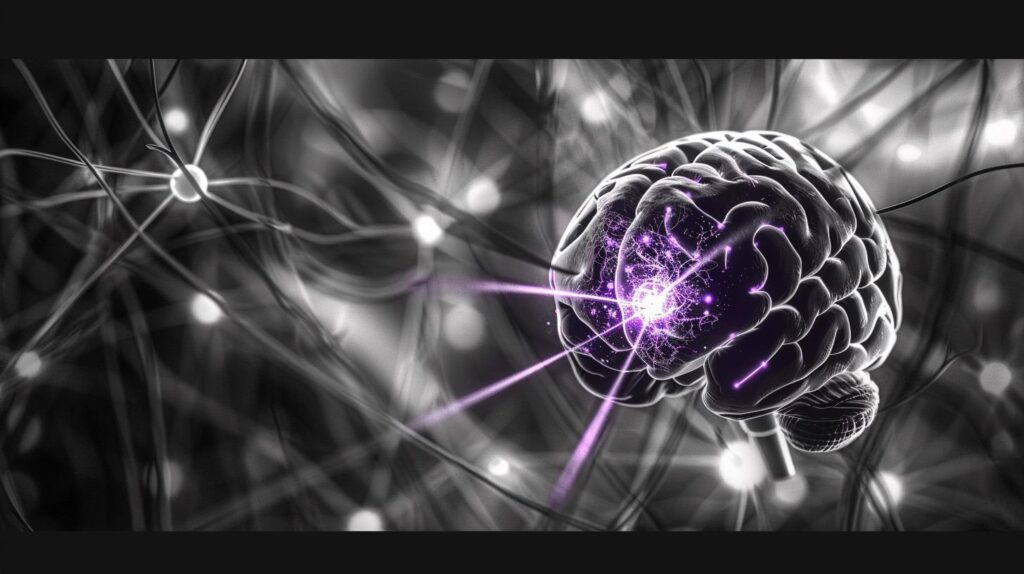A look at how neurotechnology, employing brain-computer interfaces (BCIs), is transforming lives by enabling communication and movement for severely disabled individuals, and its potential for broader applications. Despite technical and ethical challenges, companies and researchers are driving advancements in this emerging field.
Michel Roccati, 32, regained the ability to walk after a spinal cord injury, thanks to an electronic implant inserted by neurosurgeons in Lausanne in 2020. This implant, part of an emerging field called neurotechnology, employs computerised brain implants known as brain-computer interfaces (BCIs). These devices bypass neural impediments, allowing communication and movement for those severely disabled by accidents or diseases.
Neurotechnology is being developed in several university and corporate labs across Europe and North America. Michael Mager, CEO of U.S.-based Precision Neuroscience, projects BCIs to become a multimillion-dollar industry within a few years. Elon Musk’s Neuralink, founded in 2016, is a notable player in the field, aiming to merge human intelligence with artificial intelligence.
Neurosurgeons, like Jocelyne Bloch at Lausanne University Hospital, emphasize the importance of two-way communication between brain and devices in these advanced implants. While today’s BCIs cater mainly to severely disabled patients, future applications may include enhancing sensory capabilities and memory even for healthy individuals.
However, the technology faces numerous technical and ethical challenges. Collecting, exporting, and interpreting brain signals is complex, and invasive surgery currently restricts BCI use. Ethical considerations include the extent of mental enhancement and protection of neural data privacy. Regulatory bodies like the FDA and collaborative efforts among researchers aim to streamline clinical trial processes and eventual market approval.
In Europe, Swiss companies Onward Medical and Neurosoft Bioelectronics, along with Spain’s InBrain Neuroelectronics, are working on innovative BCI solutions. The U.S. market, however, presents advantages in funding, management talent, and regulatory preparedness, making it a fertile ground for neurotech development.
Overall, neurotechnology holds significant promise for medical and potentially non-medical applications, with ongoing advancements by companies and research institutions aiming to transform the lives of individuals with severe disabilities.

